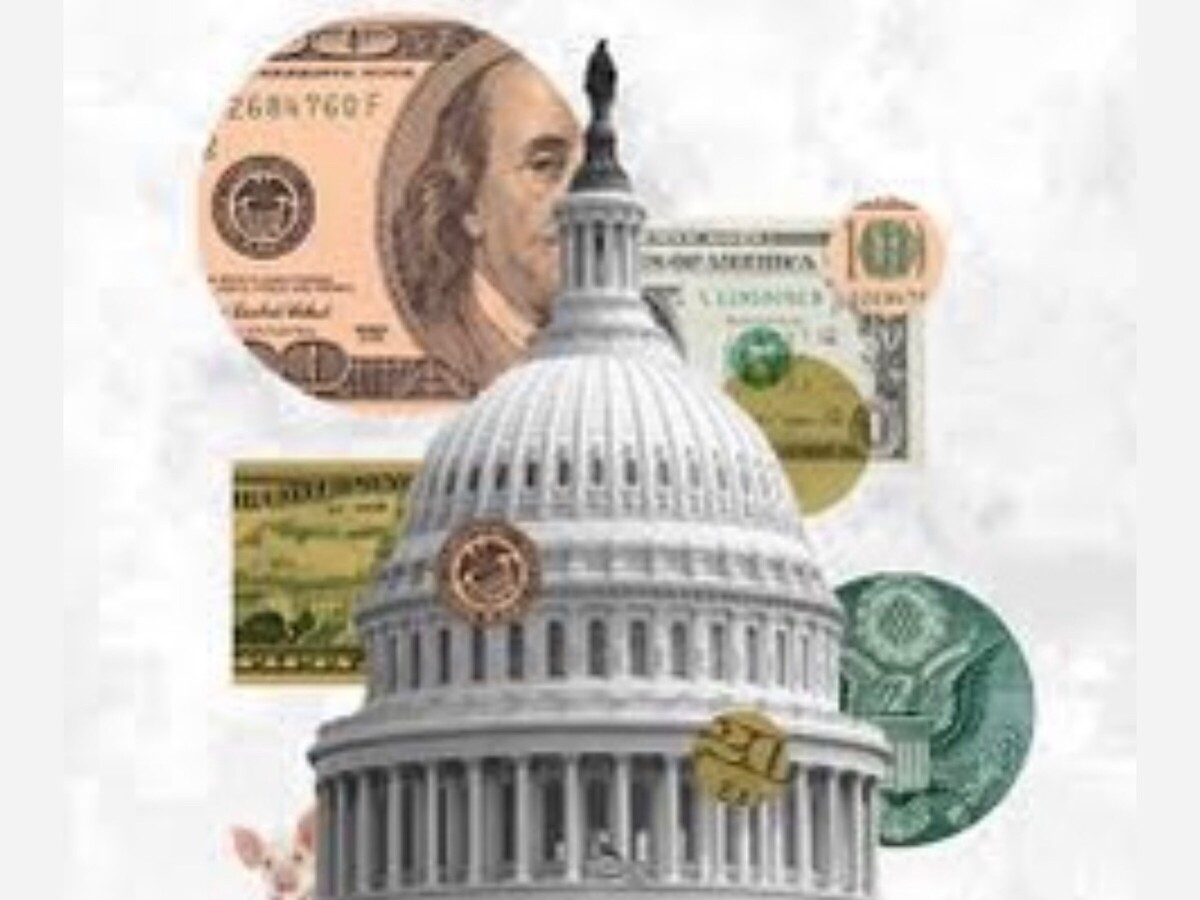Image


During a June Campaign event an attendee told Ron DeSantis that she knows people whose children developed “cannabis-induced psychosis” and asked about whether he would move to legalize or reschedule cannabis under federal law if he became president. .
He then talked about Florida’s medical marijuana program that was enacted by voters, saying veterans are “actually allowed access” to cannabis under that model. But he said the issue is “controversial because obviously there’s some people that abuse it and are using it recreationally.
DeSantis rattled off a number of concerns he has about cannabis use, starting with the potency of marijuana that “they’re putting on the street” and his understanding that illicit products are being laced with other drugs such as fentanyl.
“If you do something with that, it could be goodnight right then and there,” he said. “You could die just by ingesting that, so I think that that’s problematic.”
Experts and advocates have questioned law enforcement claims about the prevalence of fentanyl-tainted cannabis in the illicit market. In any case, DeSantis also didn’t acknowledge that creating a regulatory regime where marijuana is subject to testing before consumers can buy it could mitigate instances of contamination.
During a campaign event in Iowa on Saturday this past weekend again an attendee told DeSantis that she knows people whose children developed “cannabis-induced psychosis” and asked about whether he would move to legalize or reschedule cannabis under federal law if he became president. In response, the GOP contender made clear that he “would not legalize.”
“I think what’s happened is this stuff is very potent now. I think when young people get it, I think it’s a real, real problem, and I think it’s a lot different than stuff that people were using 30, 40 years ago,” DeSantis said. “I think when kids get on that, I think it causes a lot of problems and then, of course, you know, they can throw fentanyl in any of this stuff now.”
The candidate then pivoted to a broader discussion about the harms of substance misuse, stating that there’s an “open air market” for illicit drugs in San Francisco, and that society has “totally decayed” under policies that “really help these folks use drugs.
Florida voters may have the choice to expand access regardless of the governor’s position, as the state Supreme Court is currently considering whether a marijuana legalization initiative will appear on the state’s 2024 ballot.
Florida’s attorney general is suggesting that voters are too stupid to understand that marijuana would remain federally illegal even if they approved a cannabis legalization initiative at the state’s ballot next year—and therefore they can’t be trusted to decipher the “monopolistic” policy implications of the reform.
Attorney General Ashley Moody (R) submitted a new brief to the state Supreme Court by a deadline the court imposed after granting her request for an extension last month, and reaffirmed her position that the ballot measure should be invalidated on several grounds.
The new brief says that “most Americans cannot name a single Supreme Court justice,” implying that voters would be similarly ignorant about the federal-state policy conflict despite the fact that it’s a dynamic that already exists in most of the country—including in Florida, where medical cannabis is legal on the state level despite continuing to be prohibited federally.
Further, Moody is asserting that the initiative is crafted in a way that would unfairly benefit the campaign’s main financial backer, the cannabis company Trulieve.
“This carefully curated ballot summary misleads in ways that, though sometimes subtle, are likely to influence voters—and to do so in a way that entrenches the Sponsor’s monopolistic stranglehold on the marijuana market to the detriment of Floridians,” it says. “In its pursuit of a larger customer base and greater profits, Trulieve has invited millions of Floridians to join it in reckless violation of federal criminal law.”
Separately, economic analysts from the Florida legislature and the office of Gov. Ron DeSantis (R) estimate that the marijuana legalization initiative would generate between $195.6 million and $431.3 million in new sales tax revenue annually if voters enact it. And those figures could increase considerably if lawmakers opted to impose an additional excise tax on cannabis transactions that’s similar to the ones in place in other legalized states.
Source: Ron DeSantis Campaign, Jacksonville News, Florida Economic Impact Study, Marijuana Minute, Florida Attorney Generals, Office